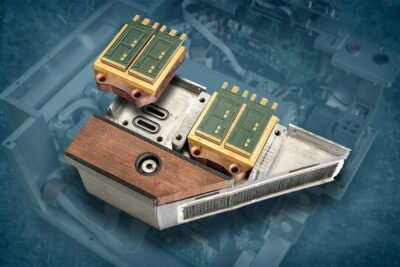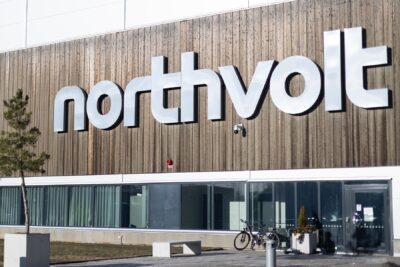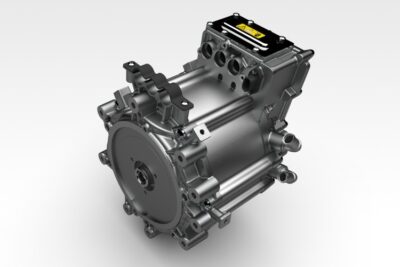TSMC to build semiconductor factory in Dresden
Germany is getting another large semiconductor plant for the production of silicon-based chips for the car industry, among other things. Taiwanese chip manufacturer TSMC is investing in a factory in Dresden as part of a joint venture with Bosch, Infineon and NXP.
The Taiwan Semiconductor Manufacturing Company (TSMC), like the German Ministry of Economics (BMWK), states that total investments of at least ten billion euros are assumed for the plant. Construction of the joint factory in Dresden is expected to begin in the second half of 2024, followed by the start of production at the end of 2027. The planned joint venture will be 70 per cent owned by TSMC and ten per cent each by Bosch, Infineon and NXP, with the final investment decision “pending confirmation of the level of public funding for this project”, as TSMC writes.
Incidentally, the joint venture will be given a similar abbreviation as the Taiwanese chip manufacturer, namely ESMC for European Semiconductor Manufacturing Company. The establishment of the company is an important step on the way to the construction of a 300mm manufacturing facility that is to meet the future capacity needs of the fast-growing automotive and industrial sectors, according to the future main shareholder. The 10-billion-euro investment is to be made up of equity, debt and subsidies from the European Union and the German government.
According to the Federal Ministry of Economics and Technology, it will support the project subject to the approval of the EU Commission and the national funding procedure in accordance with the criteria of the European Chips Act. With TSMC’s investment decision now taken, the formal state aid and subsidy procedures can now be advanced. According to a report from the German publication Handelsblatt, the federal government will support the project with about 5 billion euros. TSMC will invest 3.5 billion euros itself, Bosch, Infineon and NXP about 500 million euros each.
The production facility will be operated by TSMC and will have a monthly production capacity of 40,000 300 mm wafers. Around 2,000 direct jobs are expected to be created at the factory. “This investment in Dresden demonstrates TSMC’s commitment to serving our customers’ strategic capacity and technology needs, and we are excited at this opportunity to deepen our long-standing partnership with Bosch, Infineon, and NXP,” said Dr CC Wei, CEO of TSMC. “Europe is a highly promising place for semiconductor innovation, particularly in the automotive and industrial fields, and we look forward to bringing those innovations to life on our advanced silicon technology with the talent in Europe.”
For their part, the project partners are already involved in setting up a semiconductor industry in Germany: In February 2023, Infineon confirmed plans for the construction of its own new chip factory in Dresden. Bosch started large-scale production of power semiconductors made of silicon carbide (SiC) in Reutlingen at the end of 2021. And the US semiconductor manufacturer Wolfspeed is planning to build a production plant for SiC semiconductors in the Saarland region in cooperation with ZF.
Dr Stefan Hartung, chairman of the Bosch board of management, comments on the latest project as follows: “Semiconductors are not only a crucial success factor for Bosch. Their reliable availability is also of great importance for the success of the global automotive industry. Apart from continuously expanding our own manufacturing facilities, we further secure our supply chains as an automotive supplier through close cooperation with our partners. With TSMC, we are pleased to gain a global innovation leader to strengthen the semiconductor ecosystem in the direct vicinity of our semiconductor plant in Dresden.”
The project is to be funded according to the criteria of the European Chips Act. With this Act, the EU wants to bring more semiconductor production to Europe. Its goal is to increase Europe’s share of global semiconductor production to 20 per cent by 2030.
bmwk.de (in German), pr.tsmc.com





0 Comments